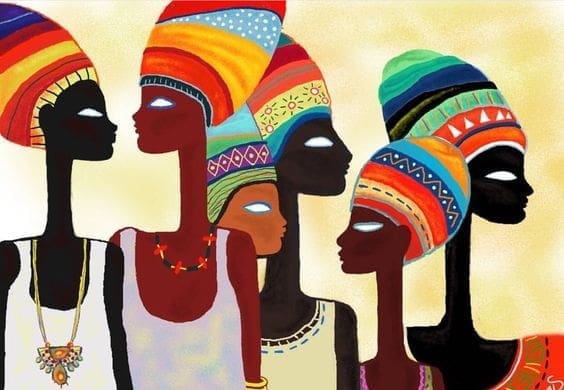Accra, manufacturers of Ghana’s iconic fabrics have come under severe pressure as counterfeits made in China undercuts local production.
COVID-19 and the resulting severe sales drop have brought additional difficulties to this market. Producers hope that steps to avoid the counterfeits can turn things around.

Ghana has rich textiles tradition, providing unique fabrics ranging from woven kente to brightly colored batik to wax prints where designs have meanings. Consumers often purchase new fabrics to mark occasions, like funerals.
However, counterfeits have significantly affected the company of batik maker Esther Amate. She started to see counterfeit batik in Ghana about 15 years ago – with lower prices – driven by consumer demand.
She creates the batik fabric that she sells in her Accra shop, but also used to sell printed wax prints, as consumers demanded.Now, COVID-19 has highlighted the value of promoting local industries, so she decided to avoid selling Chinese imports. As Ghana has exquisite fabrics they can make in their own country.
GTP, a wax print textile company designed and printed fabrics in Ghana since 1966. Their print designs are often stolen, printed in China and other Asian nations and then smuggled back into Ghana, severely undercutting the business. It is hard to differentiate between the real one from the fakes.
African print market is a very huge but the government does not get the necessary revenues that it is supposed to because of the huge amount of smuggling.
New designs have come up, inspired by Ghana’s handling of the pandemic, with prints to represent the president’s addresses to the nation and to reflect lockdown measures. These too, soon could be counterfeited.
GTP has measures in place to protect its products. They started working with Ghanaian company mPedigree, to help consumers know what they purchase is authentic. The fabrics have a scratch code on them which gives the buyers, a number to text, to get confirmation from GTP that the fabric is authentic. This technology protects the consumers, not just regulatory systems or the government alone.
Ghana ‘s government has been considering steps for controlling the industry and curbing illegal imports for the past few years, such as establishing a stamp for fabrics manufactured in Ghana and a task force to search for counterfeit products. The Badu GTP hopes that legislation will be passed next year to enact these measures.
References:
https://www.voanews.com/africa/covid-19-further-unravels-ghanas-textile-industry

